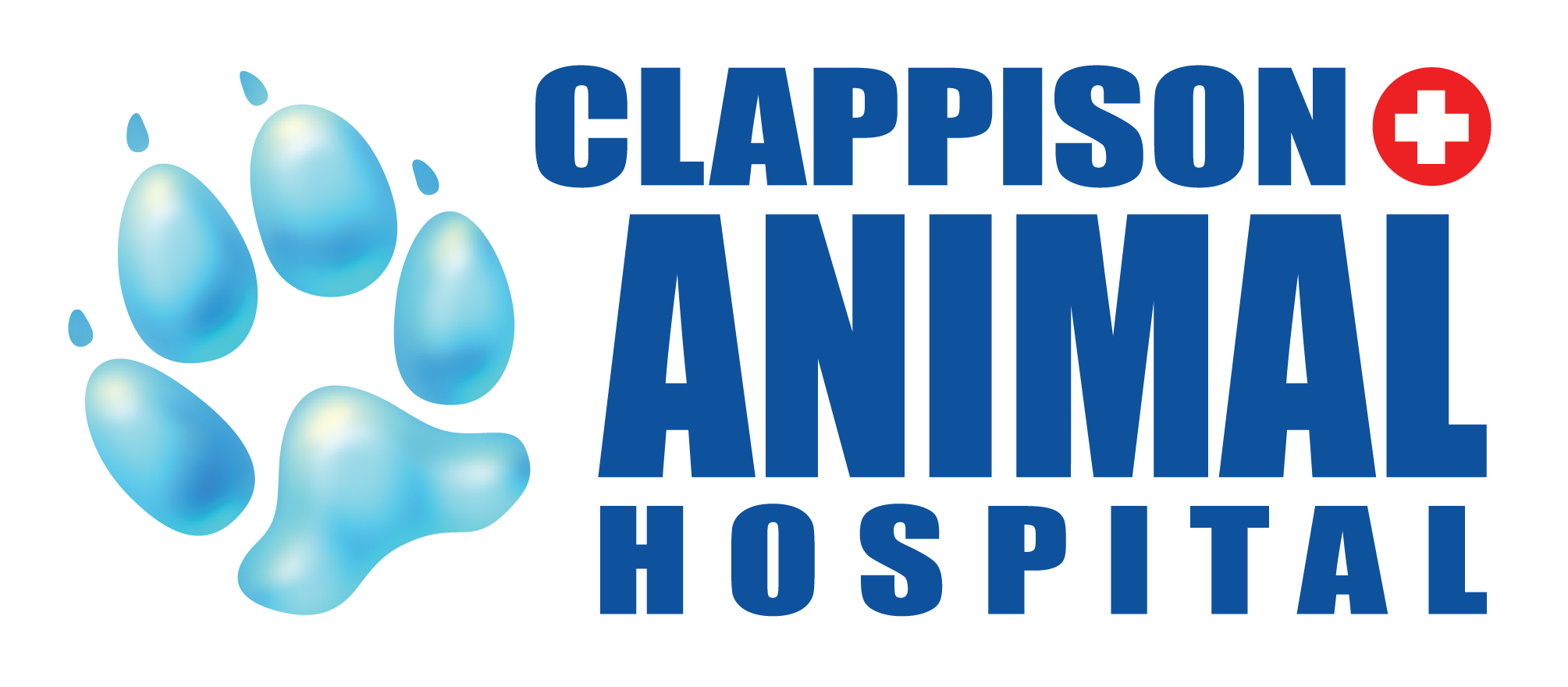Recently there has been a suggestion of a link with some dogs developing heart disease while eating some foods. That’s a lot of variables at play. So let’s look at what we do know.
In the last year there have been reports of some dogs developing dilated cardiomyopathy while exclusively eating some brands of grain- free diets. Apparently it’s a combination of their genetics and the non-grain carbohydrates at play. The diets have legumes (peas, lentils, chickpeas) or potatoes and sweet potatoes listed as their first 5 ingredients (meaning these ingredients make up a large portion of the diet as ingredients are listed in order of amount in diet). Other dogs eat these foods with no issue – hence the unknown “dog specific” factor.
The experts aren’t even particularly sure what it is about these foods that is causing the problem. A taurine (amino acid) deficiency has been linked to this type of heart disease in the past so it is assumed this is the problem. But dogs don’t have a dietary requirement for taurine -they create their own from building blocks in the diet. So how can a diet be deficient? Perhaps there is something in the diet that blocks the taurine metabolism or perhaps it is due to the presence of exotic proteins (kangaroo etc) creating a negative interaction.
The experts agree that there is enough evidence to warrant switching dogs away from this type of diet especially if they are in a genetic high risk category (i.e Doberman Pinschers, Boxers, Great Danes, Cocker Spaniels, Golden Retrievers and Labradors).
Dilated cardiomyopathy is a heart condition where the heart becomes enlarged and weakened. Dogs often become tired, unable to exercise or cough as the heart weakens. If your dog develops these clinical signs, a trip to the veterinary office immediately is recommended. It is possible to do blood taurine levels to see if your dog is deficient. And X-rays can allow the outline of the heart to be evaluated. If you would like more information, please speak to your veterinarian about what diet is right for your pet.
For further information on diet-associated dilated cardiomyopathy, click here.
Written by Dr. Jennifer Merry




